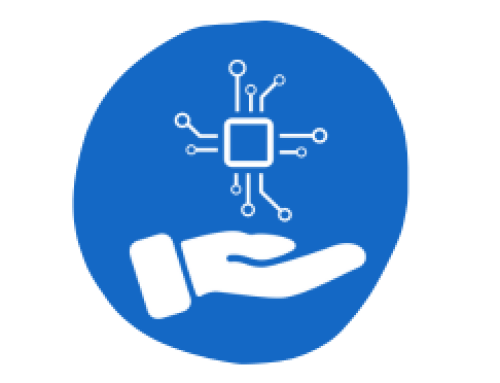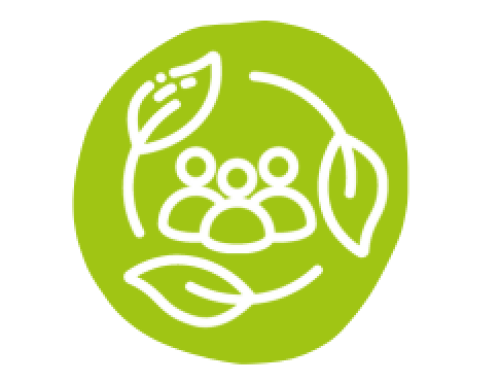
The Bridges of Dialogue Focus Area aims for young people to act as ambassadors for peaceful and constructive dialogue to contribute to preventing and resolving societal conflicts.
Objectives
1. AEGEE educates young people on mediation and conflict resolution techniques in order to facilitate constructive dialogue.
Education plays an important role in preventing and addressing situations of conflict. Through education, we can provide young people with tools and techniques for understanding other points of view, giving each side a voice and preventing a one-sided approach towards specific conflicts. Young Europeans can use these tools and techniques for both mediation of societal conflicts and for educating others. AEGEE as a diverse group of proactive young people is especially equipped to form an empowered pool of advocates that promote constructive dialogue on topics such as the Russo-Ukrainian war and extremism. To achieve this, AEGEE can benefit from forming partnerships with other organisations and actors experienced and knowledgeable in these topics.
2. AEGEEans raise awareness about regional differences and political landscapes that build barriers between different regions in Europe with the aim of fostering integration and mutual understanding.
Europe is rich in traditions and cultures, which have contributed to shaping the political landscape of Europe. These traditions and cultures affect the views we have towards a unified and united Europe. We should be aware of our differences as well as their historical backgrounds especially because the political landscape in Europe does not always allow for embracing diversity. Rather than seeing diversity as an asset, others may see it as a basis for polarisation, discrimination and introducing other barriers to European social, political and economic integration. Awareness towards these differences and political approaches that affect European integration will encourage young Europeans to lead constructive dialogues and strive for mutual understanding and bring upon societal and political change. It is important to create collaborations and involve stakeholders with expertise about the regional differences between various parts of Europe.
3. AEGEEans highlight causes for radical movements and the impact they have on intensifying societal conflicts.
A lack of peaceful dialogue may lead to societal conflicts where hate speech, discrimination, racism and little to no tolerance are the norm. Nowadays, radical movements, including radical nationalism, are posing threats to European democracy, solidarity and integration. As an organisation that strives for a democratic, diverse and borderless Europe, we need to put our vision and mission into action. In order to take first steps to address the impact of radical movements and their historical roots on intensifying societal conflicts, we must increase awareness among young people. This can be done through round table discussions, workshops and informative seminars that showcase examples of radical movements, explain their historical roots and underline their polarising effect on society.
4. AEGEE facilitates a space for civic dialogue to break down stereotypes and eradicate prejudice against ethnic, national and religious minorities.
Prejudice and stereotypes are the main drivers of societal conflicts. In many places around the world, unresolved tensions, often caused by false and unconscious beliefs directed toward ethnic, national or religious minority groups, have the potential of escalating into violent acts such as hate crimes, terrorism, civil war or other armed conflicts. Raising awareness about these issues including their historical origins and providing a space where members of opposite groups can meet and engage in a peaceful and constructive dialogue could contribute to dismantling existing stereotypes. In this context, facilitating a space for discussion to increase the mutual understanding of the identity of these communities should be at the core of AEGEE’s mission to build bridges of dialogue.


